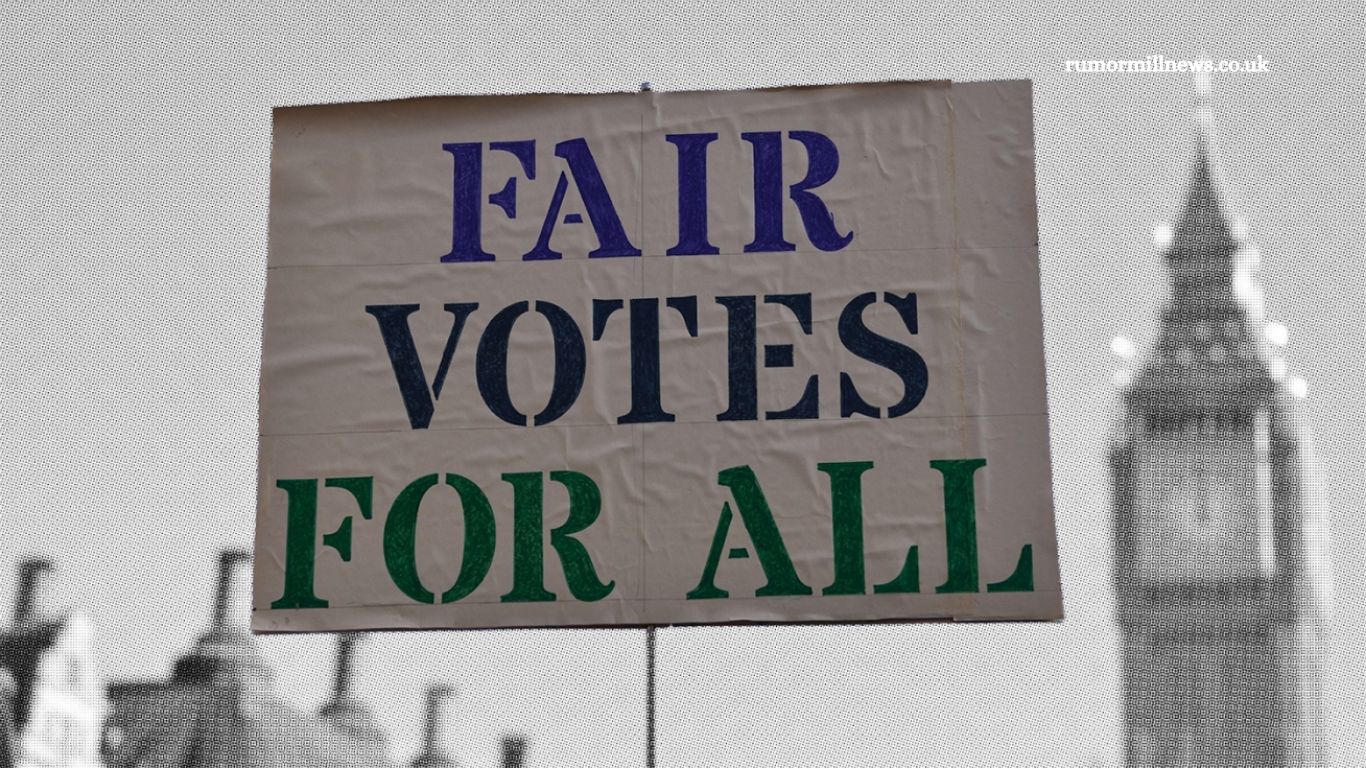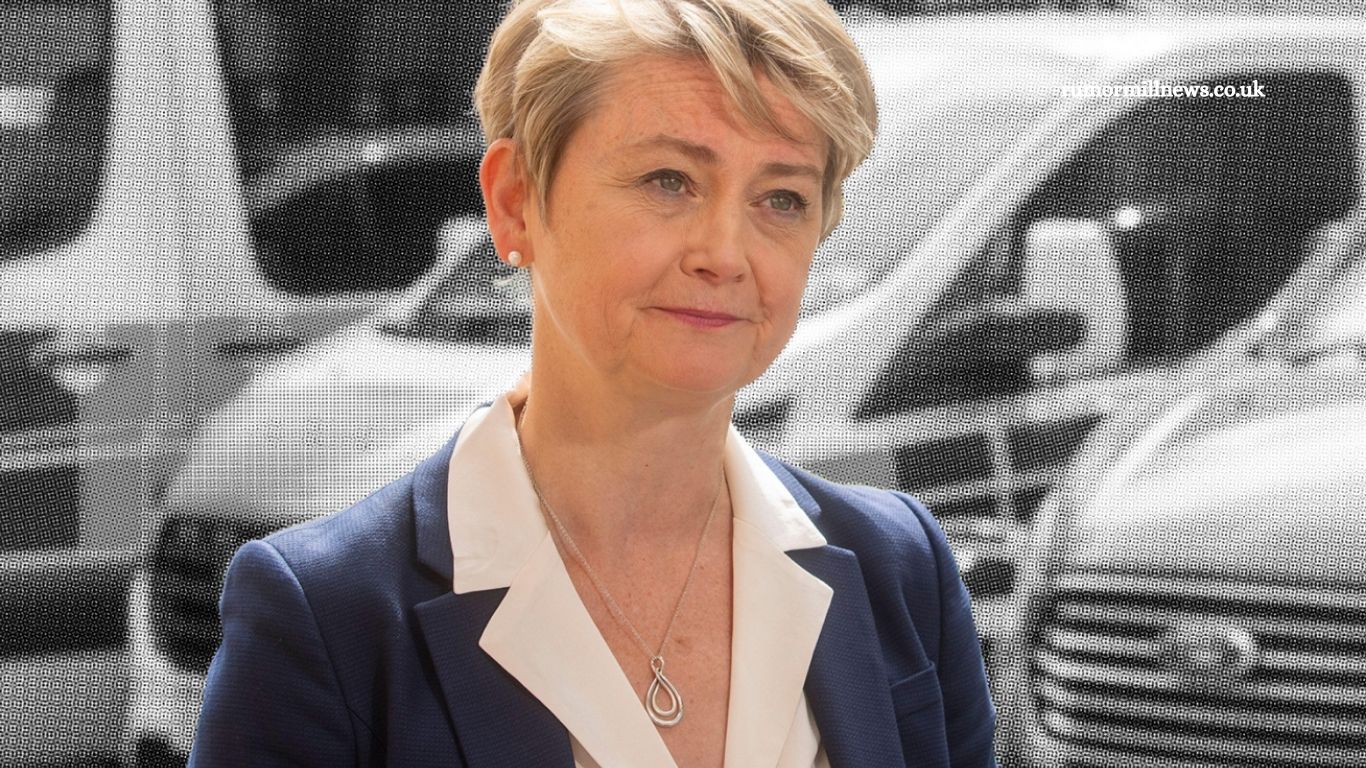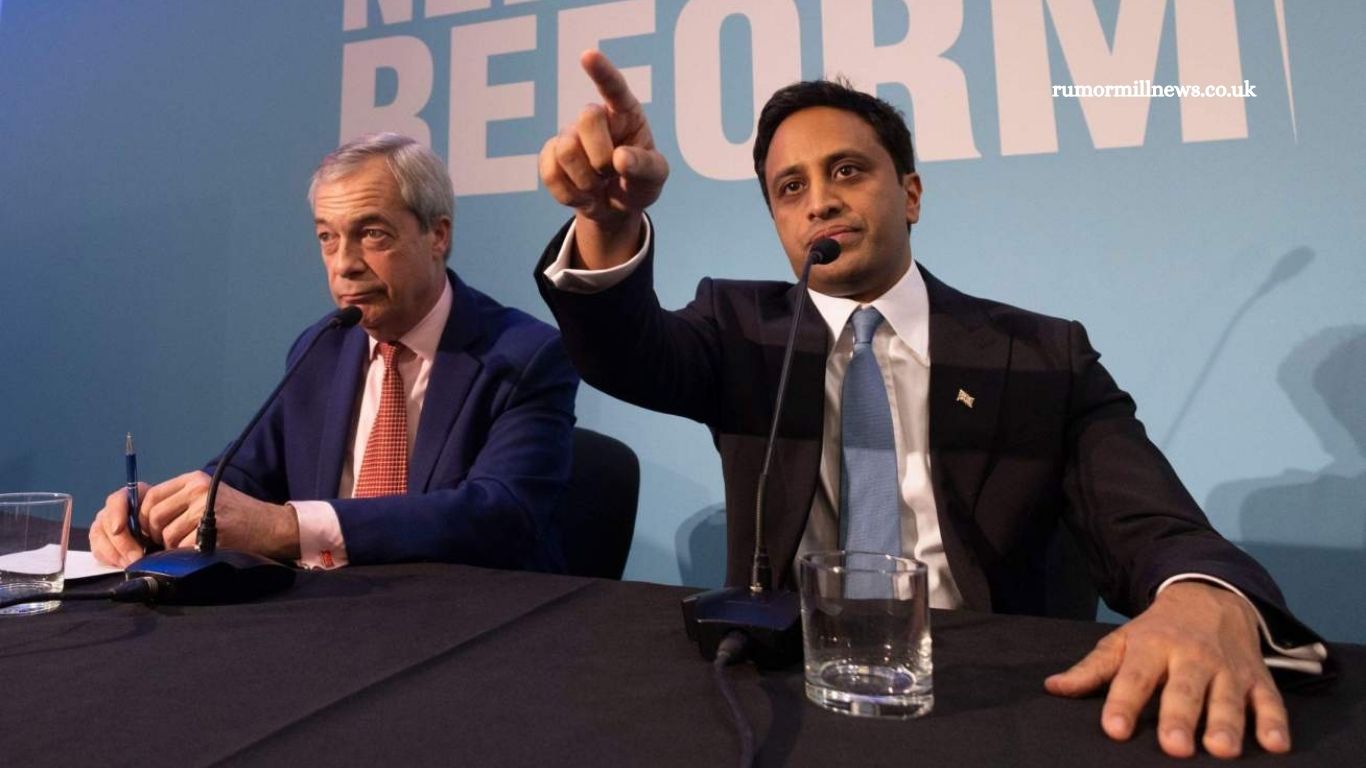A deep crisis of legitimacy is unfolding in British politics. According to the latest British Social Attitudes survey, which collected responses from over 3,000 UK adults, trust in government has reached its lowest point since records began. Just 12% of respondents say they trust the Government to act in the national interest most of the time. The majority now believe that political decisions prioritize party interests over public welfare.
This widespread disillusionment signals more than dissatisfaction with policies or personalities—it points to a breakdown in public confidence in the democratic system itself. As Electoral Reform support continues to fragment and traditional parties lose their grip, growing calls for reform suggest the country stands at a political crossroads.
The Numbers Behind the Crisis
The survey data reveals stark truths about the state of democracy in the UK:
- Only 12% trust the Government to act in the national interest “most of the time” or “always”
- 60% of the public now support replacing the current first-past-the-post (FPTP) electoral system with a more proportional system
- For the first time, a majority of Conservative voters support electoral reform
When 9 in 10 citizens believe their government serves party over people, the legitimacy of that system is in peril.
Read More: Local Councils Face Bankruptcy Threat Despite Government Aid
Election Results Fuel Distrust
In the most recent general election, the Labour Party secured a majority in Parliament with just 33.7% of the popular vote, the lowest for any majority government in British history. The Conservative Party, once the dominant political force, earned only 23.7%.
Together, these two parties claimed less than 58% of the total vote, yet they continue to dominate Parliament under the FPTP system. This disconnect between votes and seats undermines the credibility of electoral outcomes and further fuels public mistrust.
Rising Demand for Electoral Reform
Support for electoral reform has moved from the political fringe to the mainstream. Calls to adopt a proportional representation (PR) system now come not only from smaller parties like the Greens or Liberal Democrats but from within Conservative and Labour ranks as well.
The growing consensus is that PR could:
- Deliver fairer representation for smaller parties
- Encourage coalition-building and compromise
- Reduce the number of “wasted votes.”
- Increase voter engagement and turnout
By creating a more representative Parliament, reform advocates believe the UK can begin restoring trust in its political system.
Reform Advocates Gaining Momentum
The push for change is being driven by both political insiders and grassroots campaigners. Inside Parliament, the All-Party Parliamentary Group (APPG) for Fair Elections is actively exploring reform proposals. Outside Westminster, organizations like Open Britain and Make Votes Matter are rallying public support for a fairer, more accountable system.
These reformers have identified three key areas for change:
- Replace first-past-the-post with a proportional voting system
- Eliminate dark money and increase transparency in political donations
- Combat disinformation in the public sphere and promote truthful political discourse
These initiatives aim not just to tweak the system, but to fundamentally re-legitimize UK democracy.
What’s Labour’s Role?
While in opposition, the Labour Party acknowledged the flaws of FPTP. Now in power, Prime Minister Keir Starmer has made restoring public trust a priority. But so far, Labour’s strategy has focused on administrative competence—improving services like the NHS and addressing cost-of-living concerns.
However, reform advocates argue that rebuilding trust requires structural change, not just better governance. Without electoral reform, they say, the public will remain skeptical, no matter how well the government performs.
A National Commission: A Way Forward?
To move the debate forward constructively, the APPG for Fair Elections has proposed the creation of a National Commission on Electoral Reform—an independent body that would study various electoral systems and present recommendations within 12 months.
Such a commission could:
- Facilitate an informed, evidence-based public debate
- Explore the benefits of proportional representation
- Identify the best path toward meaningful reform
This approach would allow the UK to assess its options before the next election in 2029, potentially avoiding a deeper crisis.
The Risk of Inaction
Failing to act on public dissatisfaction could have serious long-term consequences. Countries with low institutional trust often experience:
- Decreasing voter turnout
- Rising political extremism
- Erosion of democratic norms
- Increased susceptibility to authoritarianism
While Britain hasn’t reached this point, the warning signs are clear. Public disillusionment won’t be resolved by surface-level reforms or improved service delivery alone—it requires deep, democratic renewal.
Frequently Asked Questions
What is the first-past-the-post system?
It’s an electoral system where the candidate with the most votes in a constituency wins, regardless of whether they achieve a majority. It often results in disproportionate representation in Parliament.
What is proportional representation (PR)?
PR allocates seats based on the percentage of votes each party receives, leading to fairer representation for smaller parties and more coalition governments.
Why is public trust in government so low?
Factors include perceived partisanship, lack of transparency, policy failures, and a sense that votes don’t matter under the current system.
How would electoral reform improve trust?
Reform would make Parliament more representative of voters’ preferences, reduce wasted votes, and encourage broader political engagement.
Is there political support for reform?
Yes. A growing number of MPs, public figures, and even traditional party supporters now back reform, including a majority of Conservative voters for the first time.
What are the risks of maintaining the status quo?
Continuing with FPTP may deepen voter apathy, drive political polarization, and reduce the legitimacy of elected governments.
Has Labour committed to reform?
Not officially. While the party acknowledges flaws in the system, its current focus is on administrative reform rather than structural electoral change.
What is the next step toward reform?
Establish a National Commission on Electoral Reform to explore and recommend viable alternatives to the current system.
Conclusion
The UK stands at a democratic tipping point. Public trust in government has plummeted to record lows, driven by a system that too often delivers majority power without majority support. As electoral results become more fragmented and citizens grow more disengaged, the case for reform becomes not only compelling but urgent.
Support for proportional representation is no longer a fringe position—it’s a mainstream demand that spans the political spectrum. The call is clear: modernize the system, make every vote count, and return power to the people.
Keir Starmer’s government must now decide whether to respond with vision and courage, or risk leading Britain further down the path of democratic decay. The window for careful, constructive reform is open—but it won’t remain so forever.





